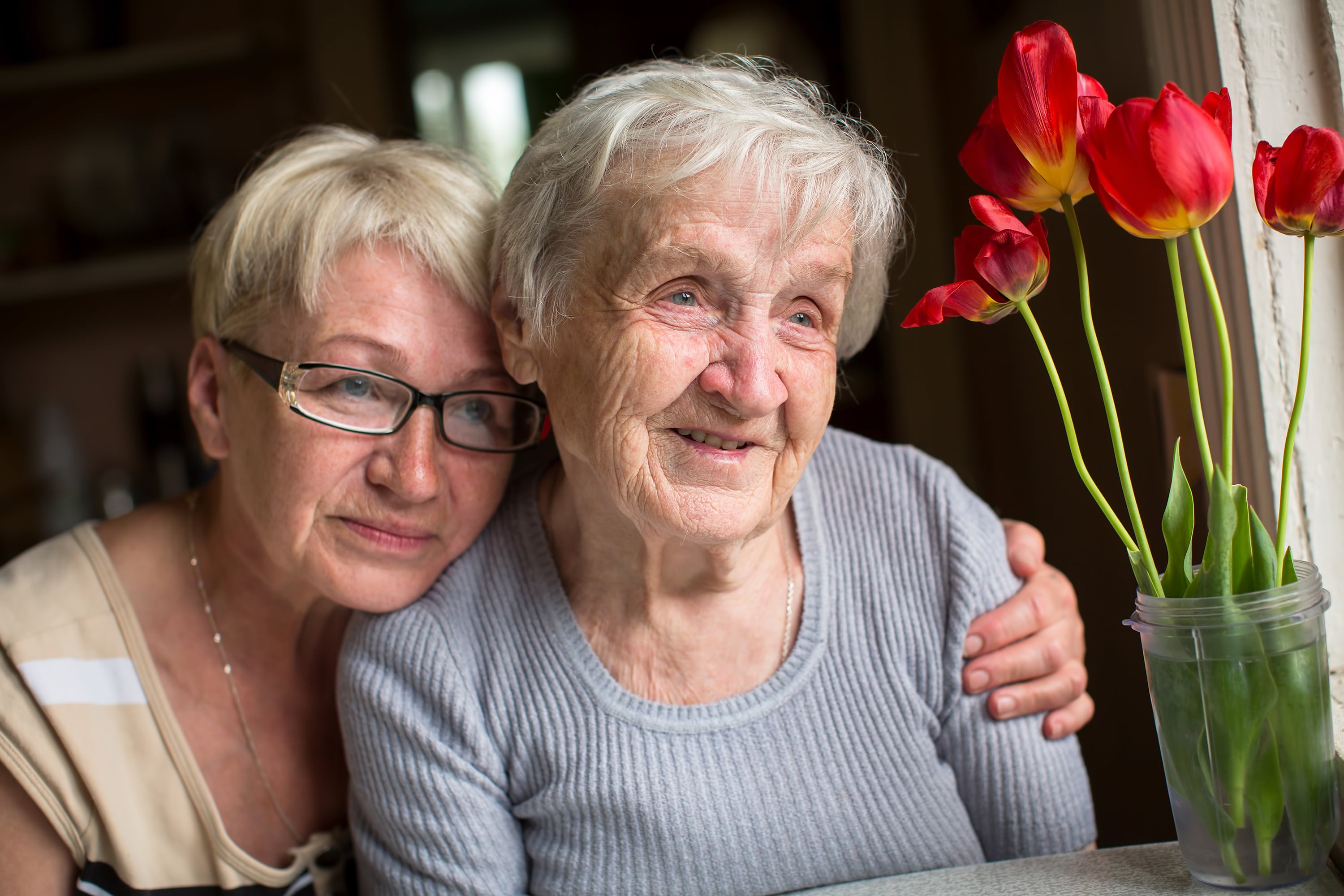Resources
Mobile Resource Library Tabs
Filters
Search
Categories Navigation
Asset Publisher
Content with Type Article .
Resources

Your Loved One Receives a Dementia Diagnosis: Now What?
You’ve worried, wondered, and second-guessed. You may be scared and nervous. Now you find yourself in the doctor’s office with your loved one. Following multiple assessments and a battery of tests, all things point to a diagnosis of dementia. Your emotions race everywhere. At first, you may be shocked or frightened – and maybe even a little relieved to have answers or explanations. Ultimately, even though you admit to having seen signs and symptoms for some time, the official diagnosis can leave you feeling unprepared and confused about what to do next.
Read MoreBy Cathy Franz | 03/15/2022

What to Know About Dementia Screening and Assessment Tools
If you’re a family member, friend or caregiver who suspects a loved one might have dementia, it’s important to know about cognitive screening and assessment tools. Since there is no one biological marker or blood test to pinpoint dementia, cognitive tests help doctors evaluate the state of your loved one’s memory, recall, language recognition and ability to follow instructions. If you plan to bring your loved one to a doctor, a combination of tests may be used to screen your loved one for dementia. And, if you are hesitant to consult a doctor just yet, many of these tests include questions that you can try asking your loved one yourself to help you confirm your suspicions.
Read MoreBy Julie Hayes | 02/15/2022

How Do I know If?: Recognizing When a Loved One Needs More Support
If we are asking the question How do I know if… about a loved one’s care, it usually means the time to take action is now. But what if we do not even know the relevant questions to ask, let alone the best answer? We are bombarded with information from well-meaning family and friends, but don’t know how to tailor it to our own situations.
Read MoreBy Lauri Scharf | 02/15/2022

Secondary Caregiving: Providing Care to a Loved One in Assisted Living
When we transition a loved one to an assisted living facility, it may feel as if our role as a caregiver has ended. However, most caregivers who move a loved one into assisted living instead experience a change in their caregiving role rather than an end to this role entirely. With this change can come new responsibilities and sources of stress.
Read MoreBy Julie Hayes | 02/15/2022

Taking on Caregiving Responsibilities: Balancing Expectations vs Reality
As your loved one ages, you may find that the demands of caregiving are growing, and it can be too much to handle. Whether you’re helping with small tasks or assisting a loved one with bathing, no caregiving task truly feels all that small, but others can certainly feel too overwhelming. Your expectations may be that you can do it all – caregiving on top of managing your own household, job and other responsibilities. Or, it could be that others’ expectations for care are growing and you feel pressured to live up to it. Whichever the case may be, accepting the situation and learning to work with it may be the first step to making life easier down the road.
Read MoreBy Branka Primetica | 02/15/2022
